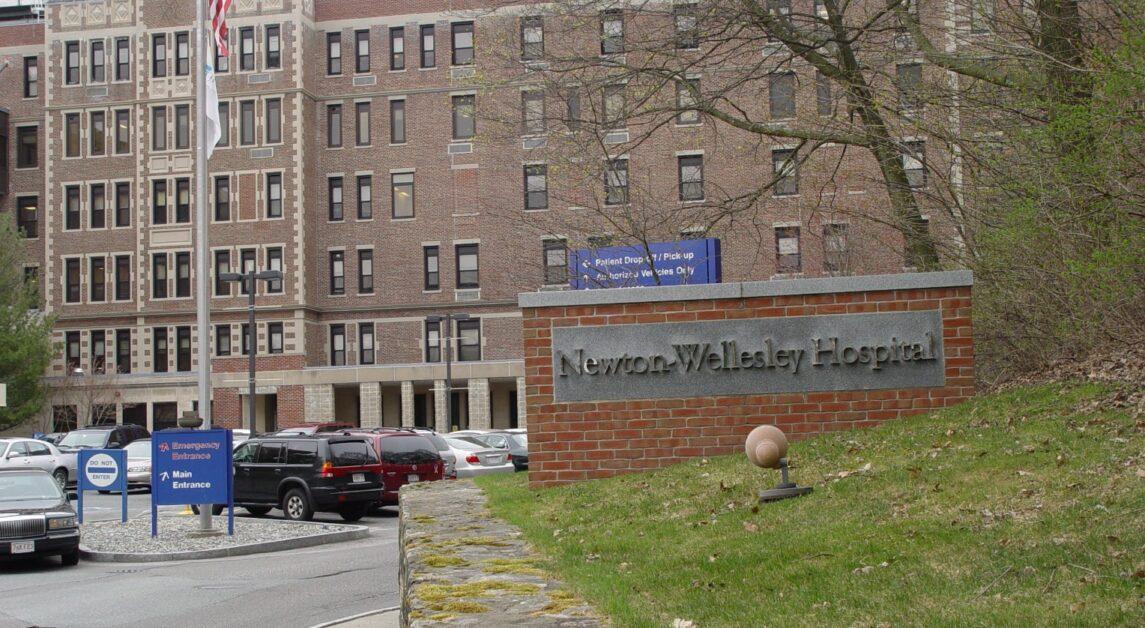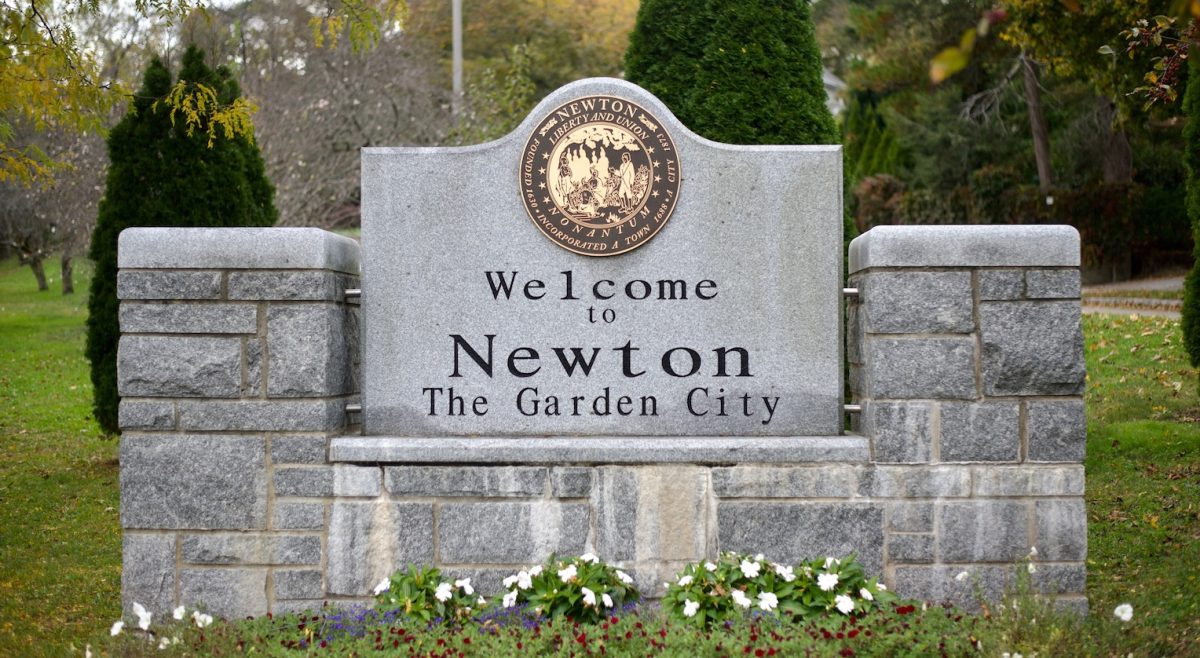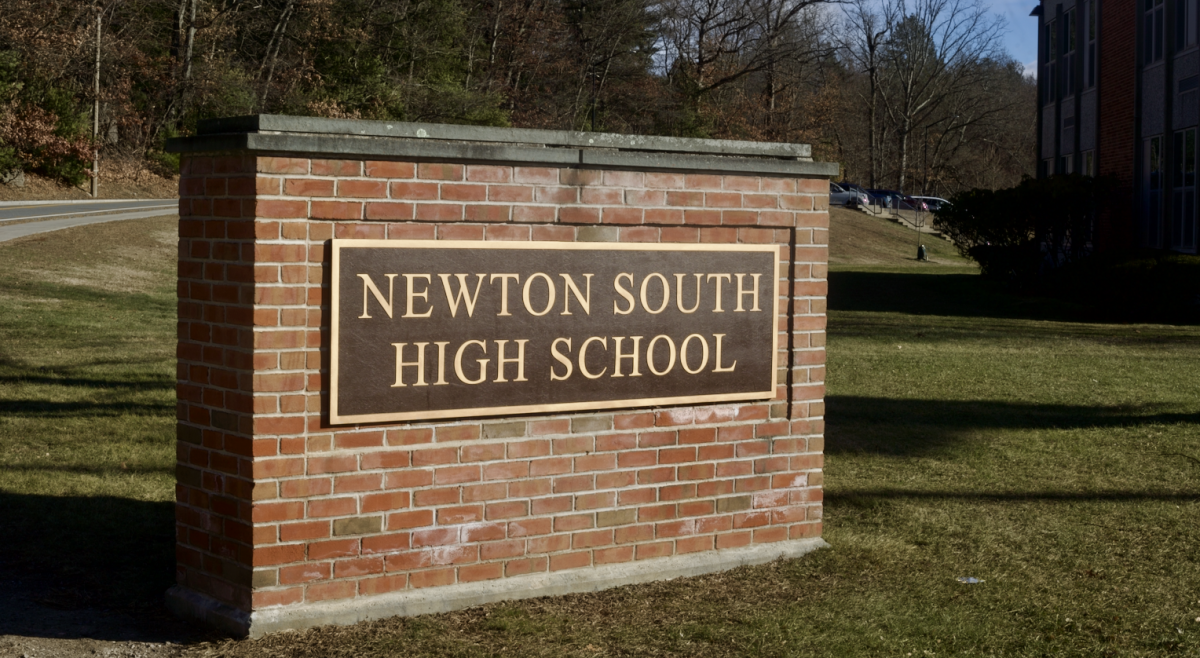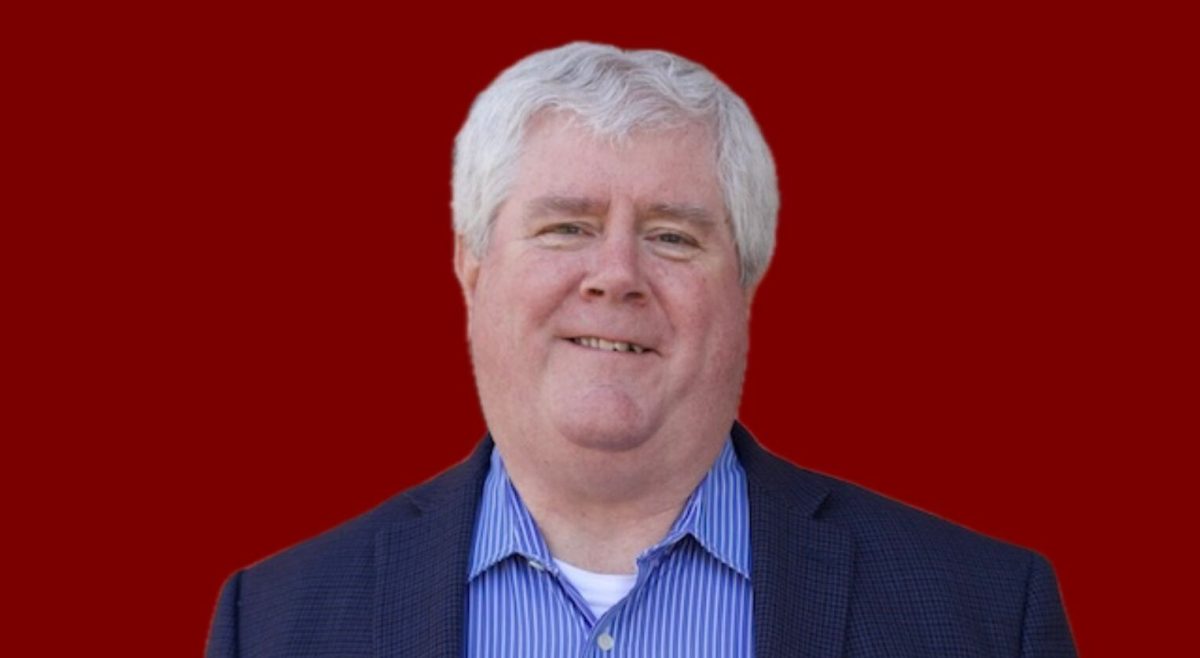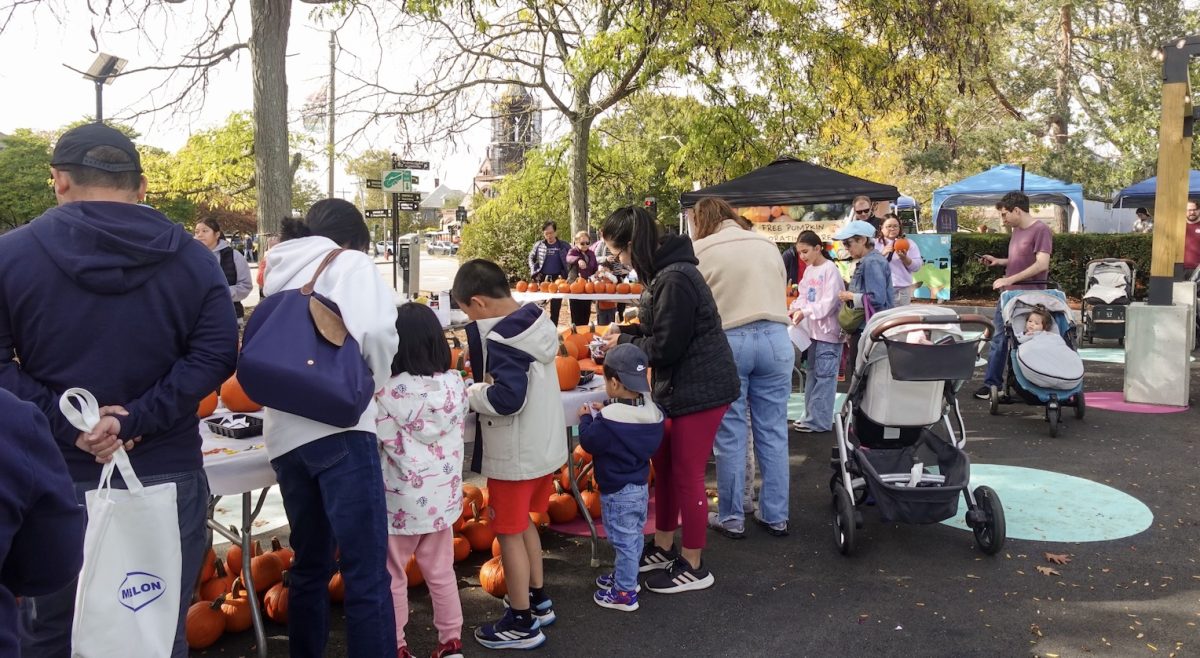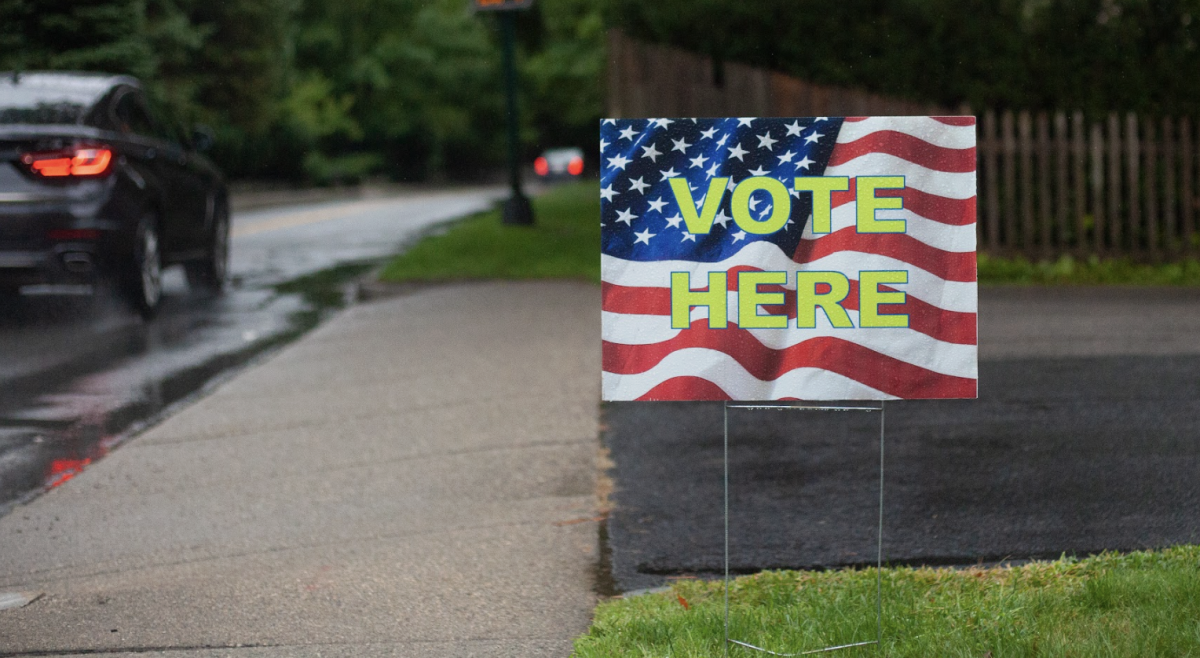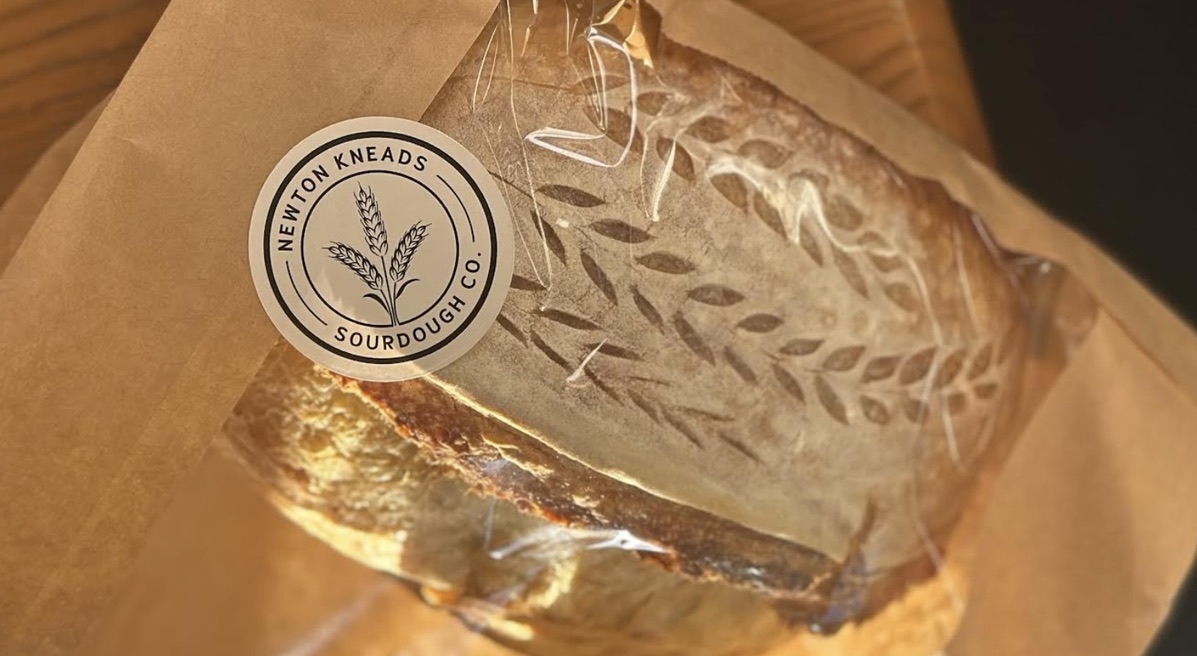The City of Newton reported fewer COVID-19 cases during the week of Jan. 20 to 26 than in previous weeks, suggesting that the Omicron peak may have passed in the city. Newton Mayor Ruthanne Fuller outlined several figures that suggest that the variant is beginning to loosen its grip on Newton in a newsletter update on Jan. 27.
During the week of Jan. 20 to 26, 675 Newtonians tested positive for COVID-19–a decrease from 969 total cases the previous week and 1,156 total cases the week before that, according to Fuller’s Jan. 27 newsletter update.
Even with declining COVID-19 cases and hospitalizations in Newton, another three residents died from the virus, Fuller wrote.
“We lost three more Newtonians who died with COVID-19, another reminder that even as the Omicron surge appears to be abating, the virus continues to take a heavy toll,” Fuller wrote.
Newton’s 14-day positivity rate from Jan. 9 to 22 dropped to 6.7 percent. The two-week positivity rate was 11.2 percent just a week prior, Fuller wrote in a previous newsletter.
The downward trend is also reflected in case numbers at Newton Public Schools (NPS).
In the NPS community, 199 students and 28 staff members tested positive from Jan. 20 to 26—a total of 227 individuals, according to its dashboard. In the week prior, 317 students and 46 staff members tested positive, the dashboard reported.
At Newton-Wellesley Hospital, hospitalizations for COVID-19 in Newton are no longer increasing. On Jan. 14, the hospital cared for a peak of 56 patients with COVID-19, Fuller wrote.
“Newton-Wellesley Hospital, as of Tuesday, Jan. 25, reports they are caring for a total of 48 patients hospitalized with COVID-19, two (2) of whom are in the ICU,” Fuller wrote.
The hospital admitted 40 percent of those 48 patients because of their COVID-19 diagnosis, Fuller wrote.
Kristin Cox, the director of quality and safety at Newton-Wellesley Hospital, compared the Omicron surge to past pandemic peaks.
“Compared to the surge from last winter, … we’re seeing about the same number of people who are hospitalized with COVID-19,” Cox told The Heights. “But, in general, they are much less sick, which is partially related to vaccination and partially related to the strain of illness and specific treatments that are available.”
The high infectiousness of the Omicron variant, though, poses a challenge for the hospital as it confronts staffing issues, according to Cox.
“The other way this [variant] has been different is more employee infections, and while they’re mild illnesses, it causes some disruption in staffing, so that was a different challenge,” she said. “[It is] more disruptive than we had seen in other surges.”
Cox said it is hard to determine what a future surge may look like. Even if a next surge is milder than the Omicron surge, Cox said she hopes community members continue to use prevention measures such as wearing masks and receiving vaccines and boosters.
“New strains are ever evolving, and the next strain could be less infectious or more infectious, and it could cause more serious illness or less serious illness,” Cox said.
Featured Image Courtesy of Wikimedia Commons

